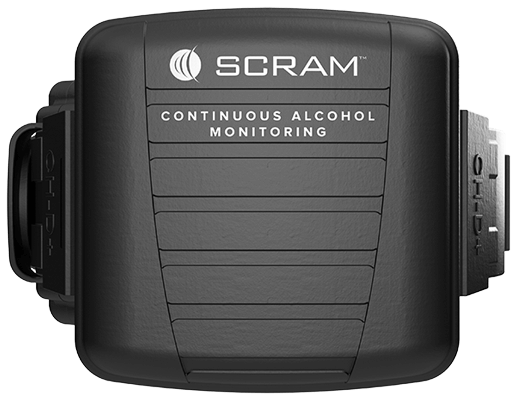Could be used for defendants across the district

Jessica Webb
editor@thesmokymountaintimes.com
It’s heartbreaking when someone is killed or injured due to drunk driving, and it’s particularly enraging if it’s caused by a repeat offender. Swain County could be a leader in preventing repeat offenders from being behind the wheel.
The two-year pilot program would pay for pre-trial Continuous Alcohol Monitoring ankle bracelets worn by people charged with DWI or DUIs. It would be funded by the Governors Highway Safety Program. Swain County would be the fiduciary agent for the seven counties in the court district.
Ellen Pitt, the WNC representative for Mothers Against Drunk Driving for 19 years, a member of the regional DWI taskforce for 17 years and a member of the statewide Taskforce for the Governors Highway Safety Program for the past 2 years, was before the Swain County Commissioners Thursday, July 28 to advocate for the program. Swain County Sheriff Curtis Cochran and Lead Assistant District Attorney Jason Arnold were also on hand.
“Our mission is to be able to provide a CAM for selected groups of people like people who get a DWI while they have one pending or people who have had a conviction within the last 7 years,” Pitt explained. “We discussed if we should do it for all offenders under 21. They are not even supposed to be drinking... Some officers also believe if you are driving drunk with a child in the vehicle… you should get one.”
Magistrates were given the authority to require a CAM bracelet as a part of pretrial release with North Carolina law that passed in 2012 (SL 2012-146, HB494). Some magistrates aren’t even aware of the program, Pitt said. Sometimes the ADA requests it and sometimes the defense does. This is an option that keeps people out of jail, but for many, the cost is too high. This program aims to cover the cost, making it a viable option for more people.
The installation fee for the bracelet is $75 plus $10 a day if they have internet at home or $12 a day if they use a landline. Even so it’s much cheaper than keeping an inmate in jail— a cost of about $75 a day. The CAM bracelet takes a reading every 30 minutes and senses alcohol levels through monitoring sweat.
“They can keep working, caring for their family. They can keep some degree of all their other activities, but there’s a bracelet on their leg reminding them why it’s on there,” Pitt said. “If it senses alcohol, it goes to a computer of the provider in the pilot program, and the violation would go to the ADA.”
What happens when a violation is detected?
“Our office would be notified, and we would get in front of a district judge. It’d be up to the judge to decide,” Mr. Arnold said.
The judge could decide at that point to change the pre-trial release and require the individual to go to jail until their next court date.
Mr. Arnold said the last time he asked for a CAM bracelet the individual had two DWIs here in Swain County and one in Macon County.
“We can focus on repeat offenders,” he said, adding that CAM bracelets have proven successful for some people.
Pitt said Swain County could be a flagship for the other counties in the district by agreeing to the program.
Sheriff Cochran shared a case where it would have been beneficial. One man who had two DWIs crashed a car with a young child in it recently. While luckily no one was injured, the situation could have been prevented if the man had been wearing a CAM bracelet, he said.
“If it just saves one life it’ll be worth every penny that’s spent on it,” he said.
Pitt has seen a lot of success with CAM bracelets. In sobriety court for people who begin by pleading guilty to DWI charges, she said, the defendant wears a bracelet for a minimum of 120 days. Some, she said, ask the judge to leave the bracelet on after that time because it has kept them accountable and sober. “For some individuals, that’s a life changing experience,” she said of sobriety court.
For the first time, there will be such a court set up west of Asheville in Haywood County. Pitt is hopeful the CAM bracelet program is one step closer to having sobriety court districtwide in Western North Carolina.
No decisions were made on Thursday night, but the commissioners seemed in favor of the program, and Pitt said they would be back.

